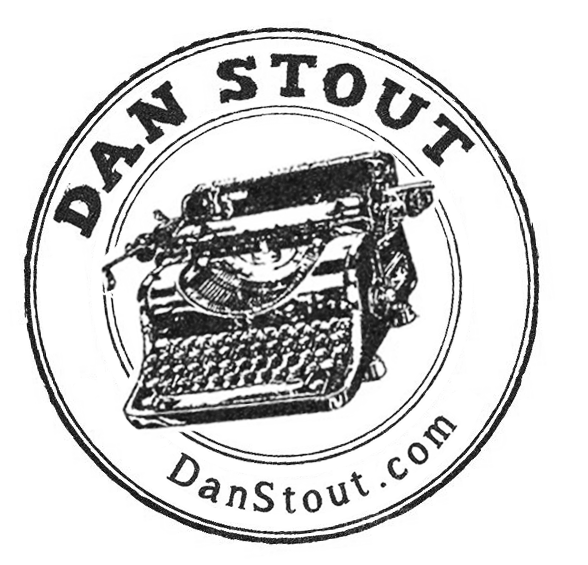Poet and victim of mental illness, Ivan Blatny.
Krystian Majewski has a great article on his always interesting Game Design Reviews blog. Entitled Fetishization of Insanity, it challenges the trope of the 'Crazy Powerful' Hero or Villain.
[I]nsanity in general seems more like an easy way out for writers than actual depiction of an illness. Need a memorable, extroverted character? Let’s turn up that dial and say they are insane!
And he's right. In modern fiction, terms like Psychotic, Schizophrenic, Sociopathic, and Manic are usually used interchangeably with 'Bad-Ass'. Is the villain immune to pain and stronger than a normal human? Well, that's 'cause he's a PSYCHO!
Majewski also calls out the selective symptoms that our fictional madmen tend to have.
...pop culture likes to focus solely on Mania. You know, because it’s the fun brand of insanity. UnlikeCata tonia or Depression. Pop culture insanity is fairly stable too. The Joker’s Mania is so stable and reliable, I wonder if you could call it insanity at all. Seems almost like a character trait to me.
(Can't say that I've ever seen the Joker crippled by depression, though there have been comics which addressed the nature of the Joker and Batman's behavior. The Killing Joke comes to mind.)
Majewski's right about fictional insanity often only having the fun symptoms, and he's also right when he identifies that as lazy writing. The HWA's On Writing Horror has an essay on exactly this topic. Written by a psychiatrist, it clarifies the traits of the most commonly used psychoses, and challenges writers to present mental illness as more than just personality quirk.
That's an interesting topic in and of itself, but Majewski's article got me thinking about another use of insanity in modern fiction: the insane as a mystical "other".
As a society we glorify artists who are burdened with madness and celebrities who "burn too bright" and die young, often driven by mania and fueled by drug use. Is it possible that this reflects a cultural memory of a time when shamans and priests lived on the fringes of our communities? Eccentric and mad, these outsiders used psychotropic drugs to bring back visions from an altered reality. They were respected and feared. And they were powerful.
In today's fiction, these mystics often appear as Guardians At The Gate: the crazy bag lady who has secret wisdom, the rambling, toothless old man who speaks in riddles, the shaman and sorceress who give our heroes a potion, allowing them to enter the dream-time. They are sentinels on the border of madness and magic, and through them lies the path to adventure.
Less frequently we see stories where the hero struggles with madness which allows her to transcend the mundane world, but still presents the real challenges of mental illness. A few films with rich characterizations stand out from the pack, such as Benny & Joon, Punch Drunk Love, and The Fisher King. Sadly, works like these are the exception, not the rule. Use of insanity in a story isn't inherently good or bad. The deciding factor lies with the author, and the time and effort he is willing to invest in his craft. In this way it's no different from the rest of the story-teller's toolbox; it's up to each of us individually to determine how much of a voice we'll give to the individuals behind a disease.

